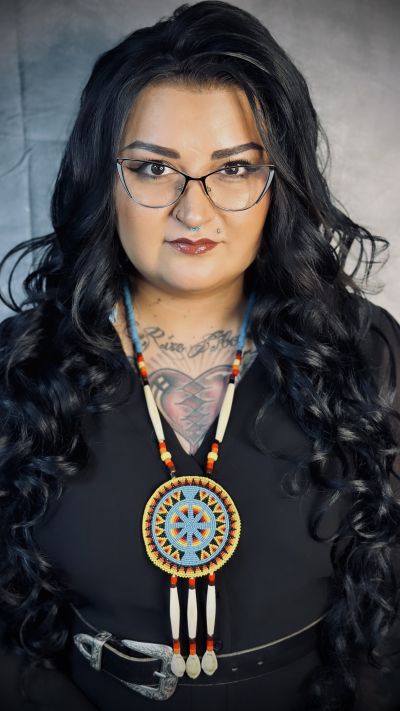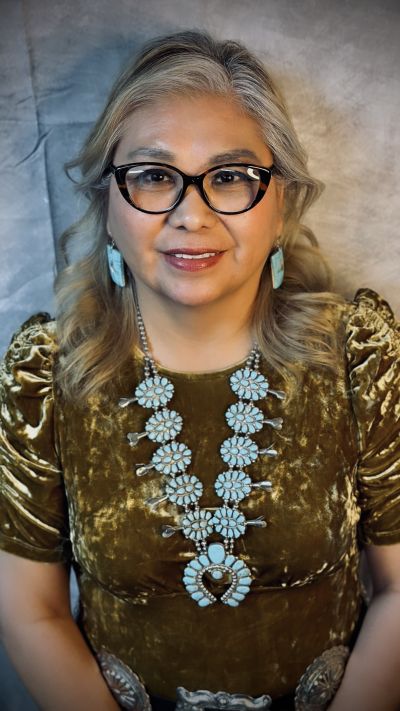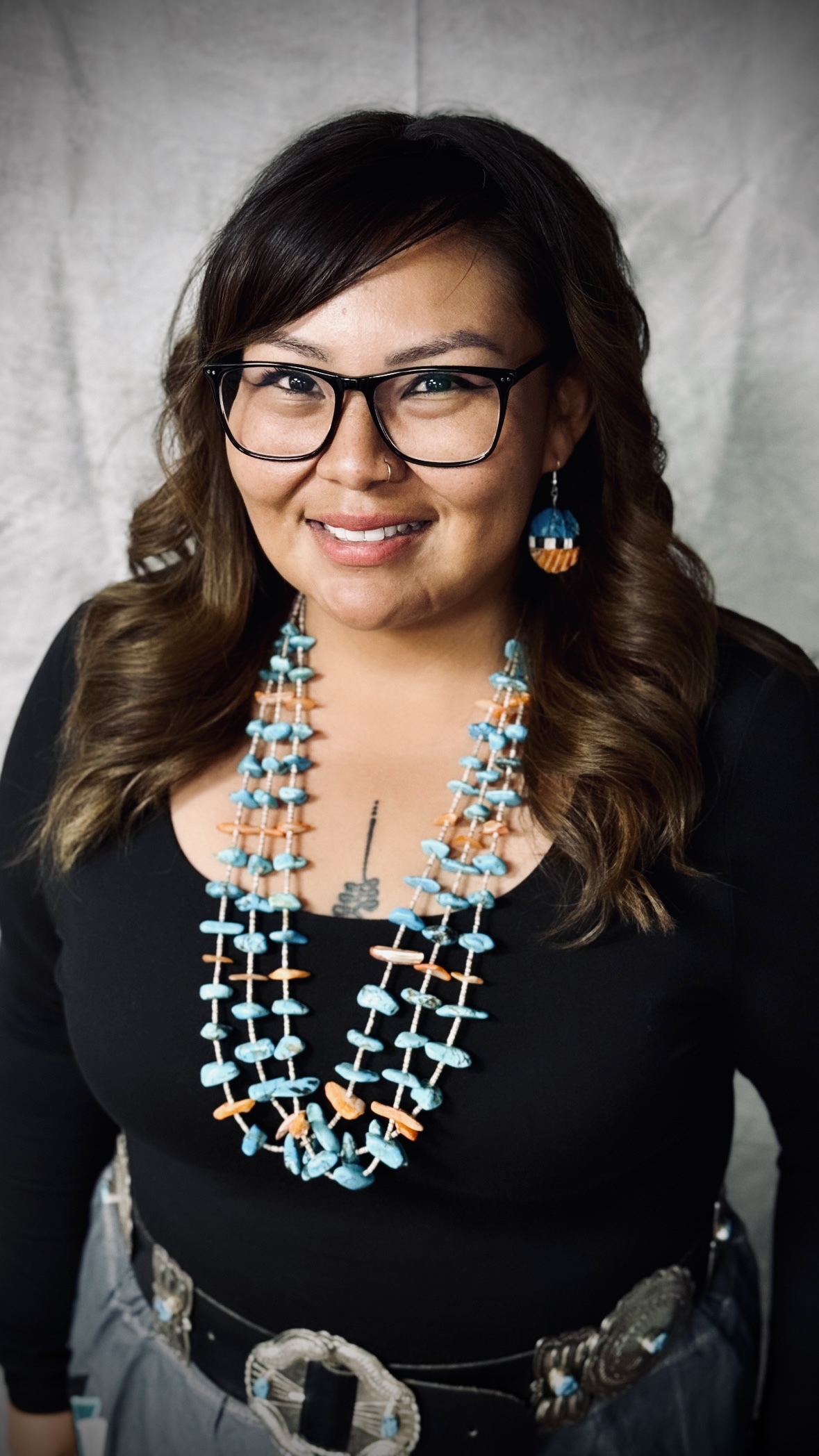Follow Us on Facebook!
Who We Are:
The Moapa Band of Paiutes (MBOP) Tribal ChildCare assists eligible Native American/Alaskan Native families living in Clark County access high-quality, low-cost childcare. We strive to increase high-quality, affordable childcare living in Southern Nevada. Moapa Tribal ChildCare is funded by the Child Care and Development Fund (CCDF) through the U.S. Department of Health and Human Services under the Personal Responsibility and Work Opportunity Reconciliation Act of 1996 consolidated funding for childcare under section 418 of the Social Security Act [42 U.S.C. § 618] and made such funding subject to the requirements of the Child Care and Development and Block Grant. MBOP Tribal ChildCare provides subsidy vouchers for eligible families for licensed centers, exempted programs, and In-Home Provider care. MBOP Tribal ChildCare also enforces Health & Safety practices with monitoring and inspections. Since 2020, MBOP Tribal ChildCare owns and operates a Tribally Operated Center located on the Moapa Band of Paiutes Reservation.
Our Philosophy:
- Your children are entitled to a safe and nurturing environment with a schedule of routines that best meet the individual needs of each child in our care. Each child is treated with respect as a valuable individual.
- Parents are entitled to individual respect, support, and quality care for their children.
- Staff are entitled to work in an environment which recognizes and respects their training, skills, and commitment to childcare.
- Our program values tribal cultural diversity serving all Native American/Alaskan Native Tribes in Clark County, Nevada!
Our mission:
Is to provide safe, supportive, high-quality cultural and educational childcare services to Native American/Alaskan Native families both on and off the reservation. Providing a healthy childcare experience that encourages each child’s social, emotional, and cognitive growth is our purpose.
Our Goals for our Tribally Operated Center:
For Children
- To provide quality childcare wherein native cultures are explored and celebrated
- Promote each child’s understanding and pride in their Native Culture and experiences
- To promote the realization that each child produces culture as they design, make, and participate in activities in the tribal childcare program
- To promote each child’s healthy cognitive, social-emotional, motor, communication, and adaptive development
- Foster the development of the child by providing an environment consisting of: A warm, friendly atmosphere with trained providers, a safe and healthy facility, a variety of suitable equipment in good repair, a variety of activities that support the physical, social, emotional, and intellectual needs of the children
- Children will receive safe and consistent care during childcare hours with nutritious snacks and meals
For Parents
- To provide families a quality childcare option wherein native culture is explored and celebrated
- To enable the parent to develop positive parenting skills
- To provide communication about care, needs, and development of each individual child
- To be an emotional support system for parents when issues arise with their children
- To assist parents in acquiring knowledge of normal child development and other child related information
- Parents will have increased knowledge of their child’s development, individual needs, and nutritional requirements Parents will have improved parenting skills, including options for managing challenging behavior
- Children with developmental challenges will receive referrals to appropriate support and services
MBOP Tribal ChildCare’s Objective
CCDF is the primary federal funding source devoted to families with low incomes who are working or participating in education and training by helping them pay for child care and improving the quality of child care for all children. Approximately 1.4 million children younger than 13 years from approximately 857,700 low-income working families are served by CCDF each month. This support enables their parents to work and participate in education or training to improve their job prospects. We strive to reach underserved families to connect them with the valuable resources to enhance their lives. In addition, CCDF funds support state and Tribal initiatives to improve the quality of child care for all children in our nation.
The CCDBG Act authorizes the CCDF program and includes authorized funding amounts for each fiscal year. The actual amount of CCDF discretionary funding provided for each fiscal year is determined through the annual appropriations process, and may be more or less than the amount indicated in the law. Therefore, while the law authorizes an increase in CCDF funding over time, Congress will determine actual funding levels for each fiscal year.
The CCDF child care program is often described as comprising three broad and overlapping areas of services to ensure Equal Access to Child Care for Tribal Families and Tribal Families with Low-Income Children:
- Child Care Financial Assistance (subsidy) – Our 12-Month Certificate Voucher Program for licensed centers, exempt programs, and In-Home Providers
- Operating a Tribally Operated Center on the Moapa Band of Paiutes Reservation
- Health and Safety Monitoring & Inspections
- Quality Improvement Activities & Cultural Initiatives
Subsidized child care services are available to eligible families through certificates or grants and contracts with child care providers. States provide access to information about child care financial assistance in many ways, including during enrollment for other public assistance (such as the Supplemental Nutrition Assistance Program [SNAP] and Temporary Assistance for Needy Families [TANF]), online, at community and health events, through child care providers, and through child care resource and referral agencies (CCR&R).
Parents may select a child care provider that satisfies any applicable state or local requirements, including basic health and safety requirements. These requirements must address prevention and control of infectious diseases, including immunizations; building and physical premises safety; and minimum health and safety training (as established in the CCDBG Act and CCDF final rule). States may also require that the provider participates in the state quality rating and improvement system or other quality improvement activities, as long as the requirement does not limit the types of providers available to families. Our Tribally Operated Center participates in the QITM, which is the Quality Improvement Tribal Model through the Children’s Cabinet for tribal programs for a quality rating and improvement system.
Since 2021, MBOP Tribal ChildCare has dedicated a passionate commitment in serving our Clark County service area. With our care team, we continue to enhance and expand our program to provide the quality services for Tribal children and families.
MEET OUR TEAM
Moapa Band of Paiutes
Navajo Nation
Sovereign Nation of the Kenaitze
Moapa Band of Paiutes
Walker River Paiute Tribe
Navajo Nation / Santo Domingo Pueblo
Moapa Band of Paiutes









